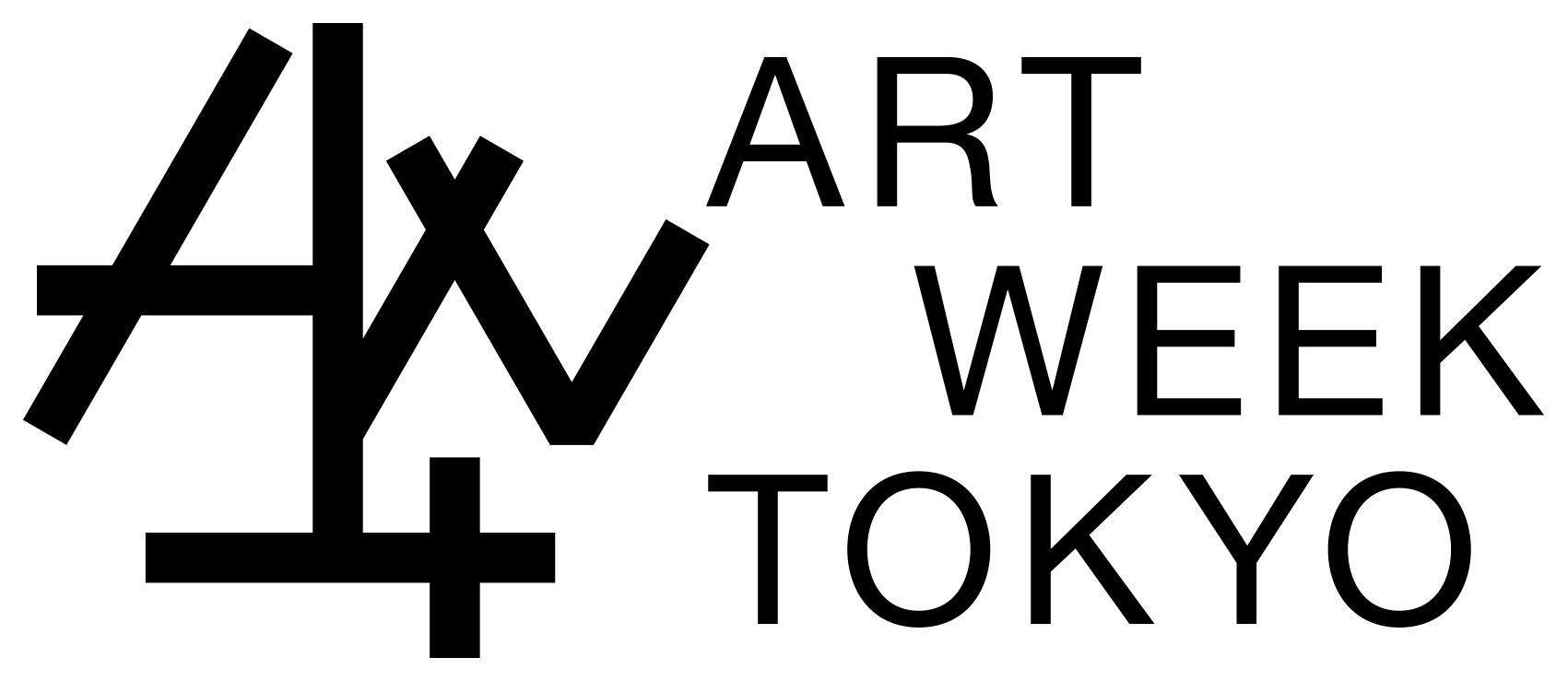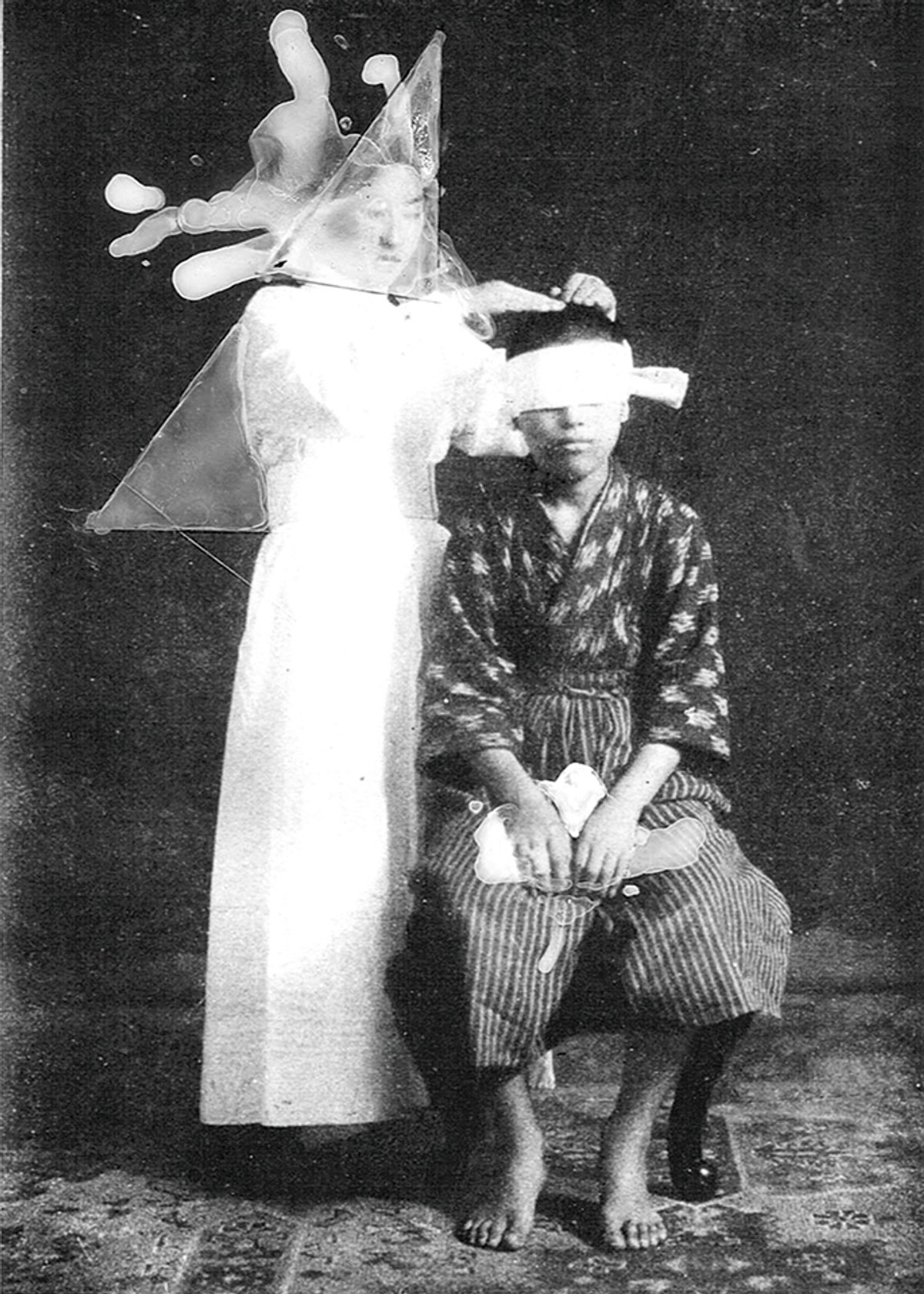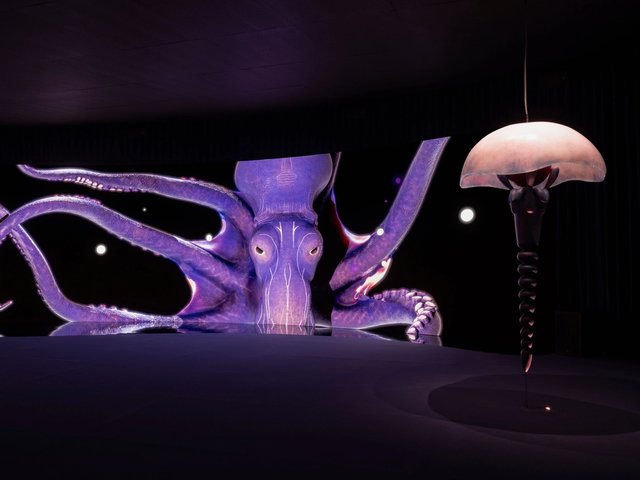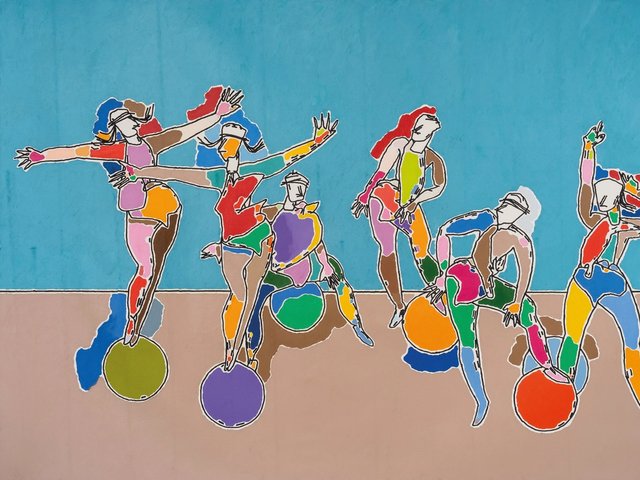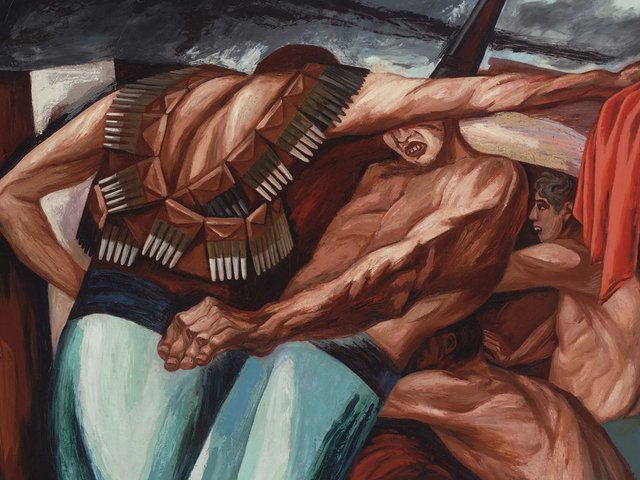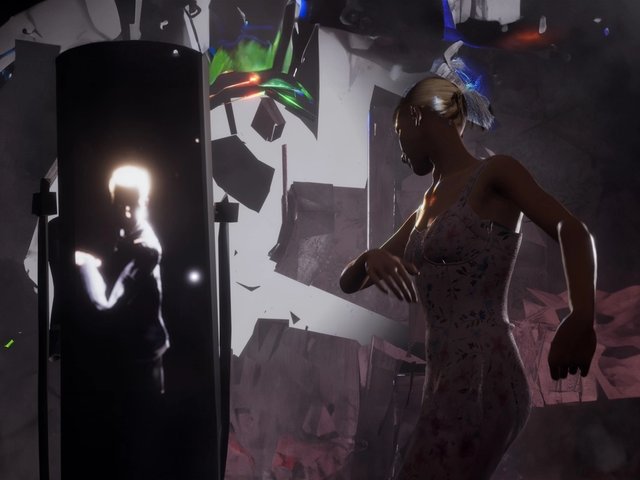Casts of hands, arms and legs appear scattered around Meiro Koizumi’s Yokohama workshop in preparation for Art Week Tokyo, some of them attached to disparate objects, such as wooden chairs or metal engine parts. In mid-September, the artist was in full swing on production of a new work, Altars of Prometheus, a sculptural coda to his virtual reality Prometheus Trilogy, which explored “how we can use technology, rather than be used by it”.
The myth of Prometheus, condemned to eternal punishment for stealing fire from the gods and giving it to humankind, inspired Koizumi to explore issues around technological progress. In his earlier series of works, VR headsets immerse the viewer in the experience of living with fatal motor neurone disease (Prometheus Bound, 2019), being a migrant labourer (Prometheus Unbound, 2021), and merging into a collective body (Prometheus the Fire-Bringer, 2023).
Koizumi’s new project is consciously more material than his previous focus on time-based media. The sculptures evoke Giorgio de Chirico’s mannequin figures and Shinya Tsukamoto’s 1989 sci-fi horror film Tetsuo: The Iron Man, in which a Japanese salaryman starts sprouting metal appendages. Koizumi also sees his move from video to objects in relation to the philosopher Slavoj Žižek’s ideas about artificial intelligence and the “reality of the virtual”.
Striving to understand the essence of humanness has been a recurring aspect of Koizumi’s practice. His past work on kamikaze pilots, for example, interrogated the role of national culture and the formation of the self. The scholar Ayelet Zohar of Tel Aviv University describes Koizumi’s numerous works on war memory as questioning “whether the value of Japan’s post-war economic miracle—measured against the price of emotional, psychological, social and political suppression, and oblivion, obscurity, and forgetfulness—has been worth it”.
While the Prometheus Trilogy weighed up the possible benefits and dangers of technology, Altars of Prometheus addresses artificial intelligence as a path to dystopia. As Koizumi sees it, “AI can only deal with the parts of us that can be put into data, and that means the parts of us that cannot be put into numbers will be left out.” The installation will premiere at the Mujin-to Production gallery, a renovated 80-year-old wooden building in the historically working-class Sumida-ku area.
• Meiro Koizumi: Altars of Prometheus, Mujin-to Production, 5-10-5 Kotobashi, Sumida-ku, 5 November-15 December


